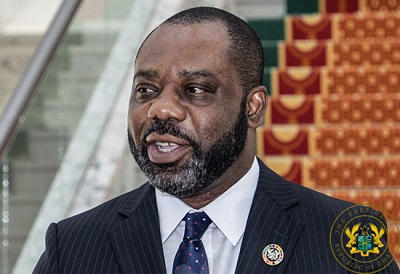
The Acting President of the Ghana National Association of Private Schools (GNAPS), Dr Damasus Tuurosong, says government could have avoided the double track system under the free Senior High School Policy, if it had partnered with the private sector for the implementation stage.
He stated that the private schools had the capacity to absorb the remaining students who were put on the second track such that the private school operators instead of folding up could stay in business whereas the students would also have the opportunity to study within the stipulated time frame for senior high school education.
“Government could either have paid the fees for the extra students whom the public sector did not have space to admit to the private schools, so that parents who were willing and able, would add the remaining fees for their wards to be educated in the schools.
“Alternatively, government could have subsidised the running cost of the private institutions, so that they would admit the students on reduced fees,” he stated.
The Acting President said these in an interview with the Ghanaian Times at Wa on Monday on the implication of the free SHS policy on private schools in the country.
The free SHS policy is one of government’s flagship programme, which seeks to empower every qualified Ghanaian child through education by enabling them to access senior high education, free of fees and bills.
The roll out which began with the 2017/2018 academic batch has been met with mixed feelings. Whereas some have applauded the policy, others are of the view that it had compromised on the quality of education in the schools given its problems of overcrowding and inadequate infrastructure.
Dr Tuurosong was of the view that the arrangement would interfere with the quality of teaching and learning, as the students were not allowed enough time on campus to study and were made to spend several months at home during vacation.
“This arrangement can have a social implication on the children as well such that, if their parents are unable to pay for extra classes to engage them, whilst they are at home for that long while, they may be tempted under peer influence to engage in social misdeeds,” he said.
Dr Tuurosong also lamented that monitoring had become an issue with the introduction of the free policy as almost all the resources are sunk into paying for the fees of students to the detriment of supervisors who are not given remittances to monitor the students.
FROM LYDIA DARLINGTON FORDJOUR, WA






